And first of all,
whatever good work you begin to do,
beg of Him with most earnest prayer to perfect it…
That quote is from one of my favorite spiritual works, the Rule of Saint Benedict. I think it’s an appropriate sentiment with which to begin a school year. Education is, indeed, a good work, and like any good work, the way to do it well is with the inspiration of the Holy Spirit. A Mass of the Holy Spirit is a long-held tradition for the beginning of a school year. Gathering at the beginning of a school year, we recognize that unlocking the mysteries of the universe and the knowledge of the world is a difficult endeavor, and that we are not expected to succeed in that all of our own merit. The Holy Spirit who gives all good gifts, including wisdom and knowledge, longs to pour those out on each of you as you come to this Holy Mass today.
Now I think most people who know the Rule would tell you that parts of it can come off sounding pretty harsh, but that’s only because Saint Benedict recognized well that human nature itself was harsh, and needed to be brought into proper submission in order for the human person to become what God created him or her to be. But that doesn’t mean that the Rule is nothing but gloom and doom; indeed, in its prologue, he makes the promise of living the Rule very clear:
And the Lord, seeking his laborer
in the multitude to whom He thus cries out,
says again,
“Who is the one who will have life,
and desires to see good days” (Ps. 33[34]:13)?
And if, hearing Him, you answer,
“I am the one,”
God says to you,
“If you will have true and everlasting life,
keep your tongue from evil
and your lips that they speak no guile.
Turn away from evil and do good;
seek after peace and pursue it” (Ps. 33[34]:14-15).
And when you have done these things,
My eyes shall be upon you
and My ears open to your prayers;
and before you call upon Me,
I will say to you,
‘Behold, here I am’” (Ps. 33[34]:16; Is. 65:24; 58:9). (Prologue)
Often, when we think of doing God’s will and living according to his plan for us, we are inhibiting our freedom and making our experience of life something less than it could be. That’s an incredible lie, to be honest, because real freedom consists of becoming what we were created for. God always intends the very best for us, and the real problem, the real limitation of our freedom, is that we often accept something so much less that what God wants for us. Accepting the paltry, passing pleasures of a fallen world is precisely what makes us less free: less free to become what we were meant to be; less free to enjoy the happiness God intends for us.
Well, then, does Saint Benedict, using the instruction found in Psalm 34, urge us to “Turn away from evil and do good; seek after peace and pursue it.” That peace comes from following after the Lord and giving ourselves to his plan for our lives. God indeed has a plan for your life, and if you want to be successful here at BenU, and ever after, you’ll take the time that he gives you at this juncture of your life to find your way in accord with that plan and let it take you on a wild ride through your spiritual and intellectual life to become the son or daughter he has made you to be.
And I really don’t want this to sound like flowery, fluffy, religious-sounding advice that has no real significance. Saint Benedict would certainly not lead us down that path. Because, honestly, the other one who has a plan for your life is the devil, and if you don’t live intentionally and truly seek God’s will in your life, you’ll find it easy to accept that other plan. And the devil really wants you to fail; he really wants the worst for you, and delights in your suffering. But, filled as we believers are with the Holy Spirit, there’s no reason to think that the devil’s plan for you is inevitable: that one is never more powerful than Christ, that Christ who died that you might live.
So, toward the end of the prologue, Saint Benedict tells us what we who are beginning to engage in life must do:
Therefore we must prepare our hearts and our bodies
to do battle under the holy obedience of His commands;
and let us ask God
that He be pleased to give us the help of His grace
for anything which our nature finds hardly possible.
And if we want to escape the pains of hell
and attain life everlasting,
then, while there is still time,
while we are still in the body
and are able to fulfill all these things
by the light of this life,
we must hasten to do now
what will profit us for eternity.
That’s what you’re here for. That’s why you have this amazing opportunity to further your education here at BenU: to hasten to do now what will profit you for eternity. So how do you do that? What is it, precisely, that you need to do in order to “fulfill all these things by the light of this life?” Well, I could tell you to study hard, form great relationships, take care of your health, and apply yourself. But you already know those things, and you’ll do them, one would hope, as best you can. What I want to tell you is to safeguard all that by working on your relationship with God and living your faith. If you’re Catholic, that means going to Mass, attending to your prayer life, and receiving the sacraments. If you’re not Catholic, live your faith as your tradition recommends; that will certainly lead you to the place you ought to be. Those are the ways you will receive strength and grace not only to make the most of your education, but also to reach out in service to your community and the community of humanity.
That will take real work. Ora et labora, as Saint Benedict commanded: work and pray. Give yourself to God who has given himself to you. It can’t be a hastily-uttered prayer ten minutes before the exam for which you decided not to study. It has to be an authentic relationship with your God for it to make any sense.
I once heard an apocryphal story of a woman who was not religious, never prayed, never worshipped. At one point in her life, she was going through some very hard times, and decided that she should pray. Not really knowing how to pray, she reached for the dusty old Bible on her shelf that someone had given her years ago but she never really opened. She decided to open it up, point to a passage, and hope it spoke to her. So that’s what she did. Opening the Bible, she pointed to a passage and read: “And Judas went out and hanged himself.” She thought that was frightening, so she decided to try again. This time she opened it up, pointed to a passage, and read: “Go, and do likewise.”
Now obviously, the woman was reading these passages out of context. Had she read the whole story around each of these quotes, she would have been clear that neither of these brief sentences spoke to her situation. But more than that, she was praying without the context of a relationship with God. Prayer can be very effective in times of crisis. But a time of crisis is not the time to learn how to pray. It is our authentic relationship with God as his daughters and sons that makes sense of our praying and teaches us how to speak to God. So don’t wait to do that. And if none of this in in your wheelhouse, if you don’t have a religious upbringing and don’t know where to start, seek out the campus ministry here. They can get you moving in the right direction.
Today, had we not chosen to do a Mass of the Holy Spirit, is the memorial of the martyrdom of Saint John the Baptist. This is a man who gave his life in service of the Truth. He proclaimed the coming of the Lord and preached a baptism of repentance for the forgiveness of sins. In the end, he refused to condone the current marriage of Herod to his brother’s wife, so he was imprisoned, and as a gift to Herod’s evil wife, put to death by beheading. All of us are here in service to the Truth, all of us will be called upon to sacrifice and witness to the truth. Please God it won’t be quite as life and death as it was for John the Baptist and many other thousands of martyrs throughout history, but it does require true commitment from us. It’s easier to live the Truth if you’re guided by it, so that’s just one more reason to attend to your spiritual life.
Saint Benedict makes it clear the kind of commitment we have to have for the Truth and the spiritual life. Right near the end of his Rule, he tells the monks that they are to “prefer nothing whatever to Christ.” Christ who is the Truth. If you give yourself to the Truth, to God’s plan for you, you will never be lost. If you attend to your spiritual life, you’ll have ultimate success, and will certainly find the way to academic success. May we all pray for ourselves, pray for our world, and pray for each other, and, in the words of the Rule, “may He bring us all together to life everlasting!” (Ch. 72)
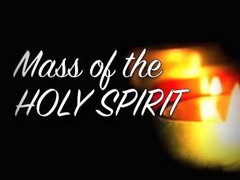
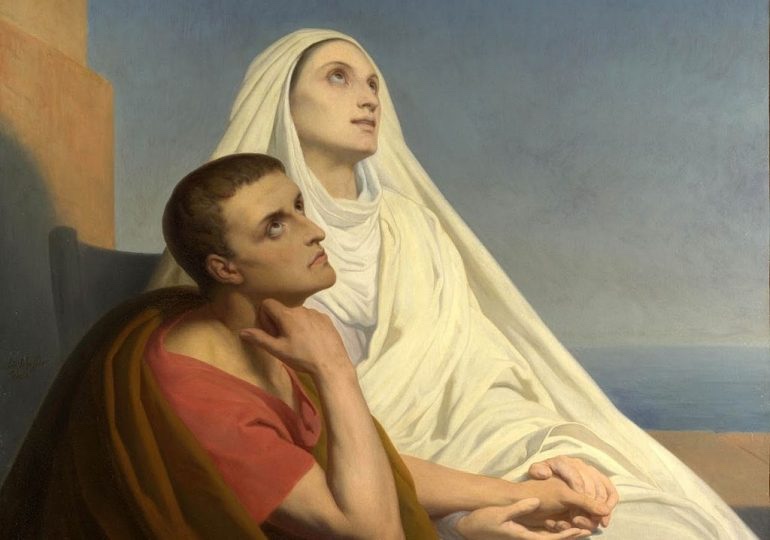

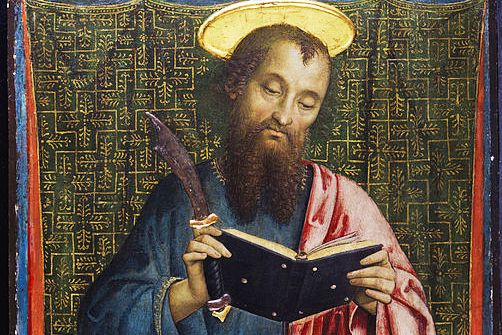
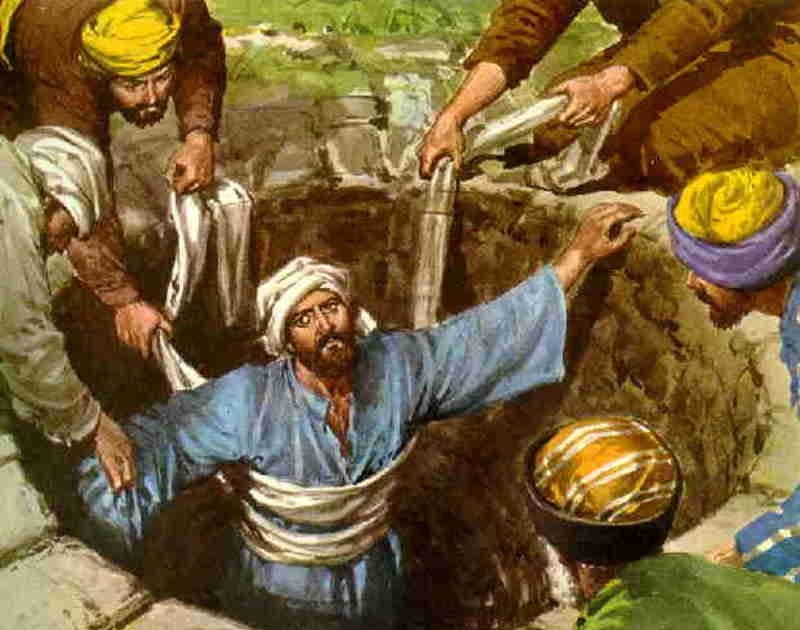

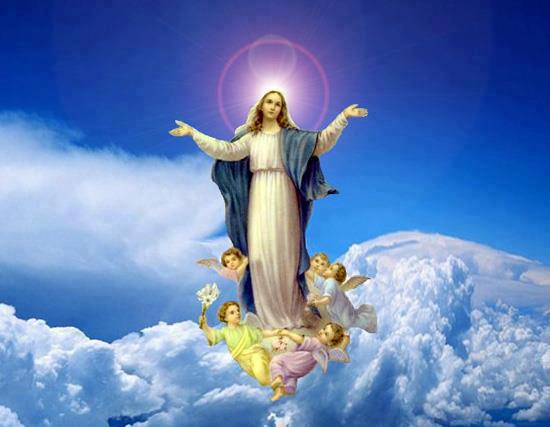
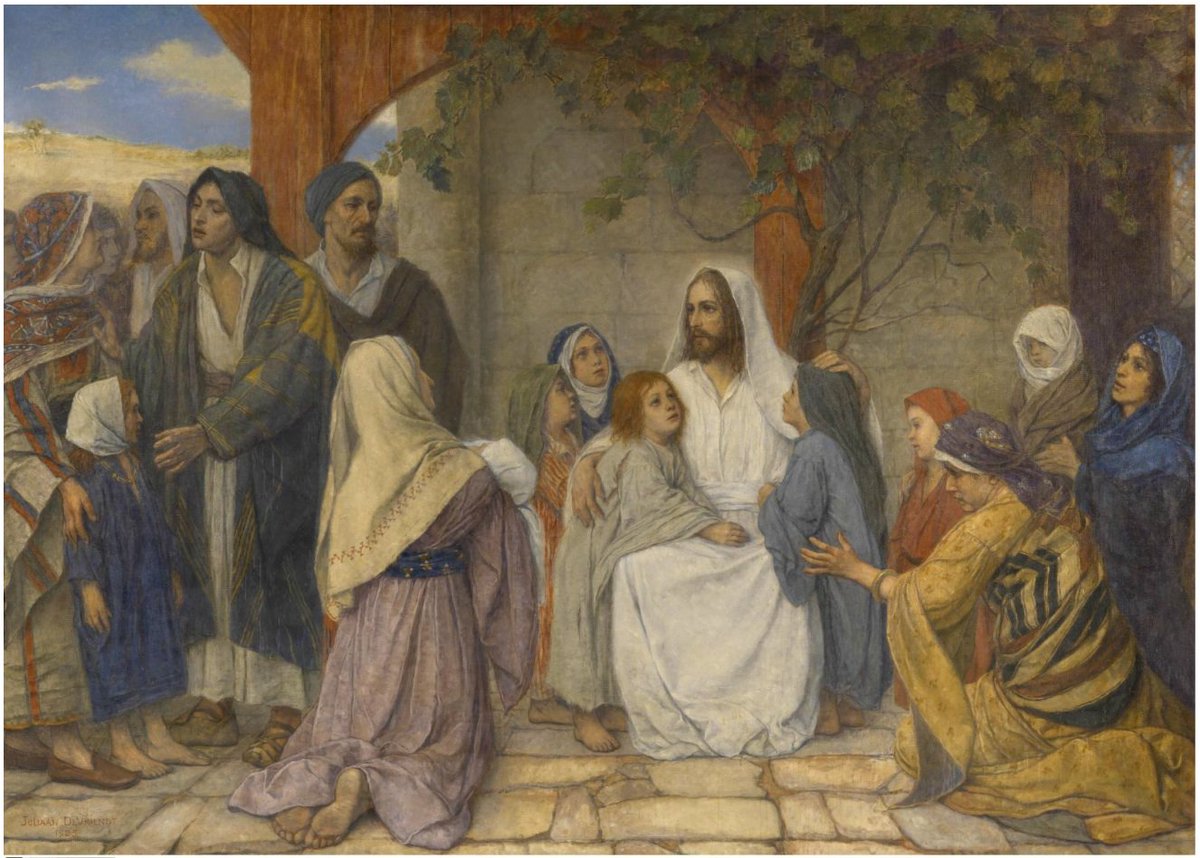

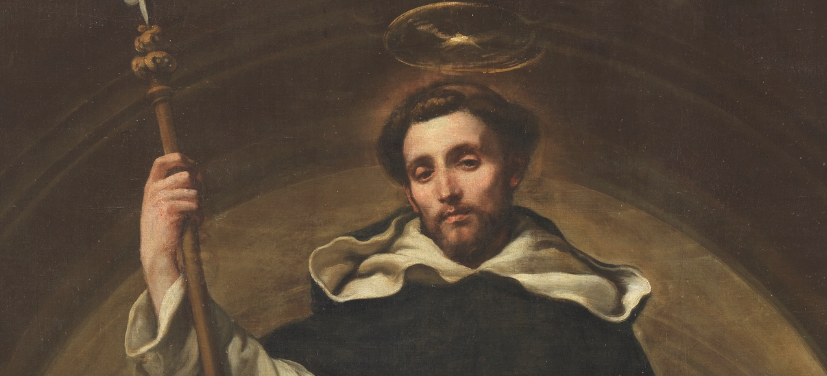
You must be logged in to post a comment.